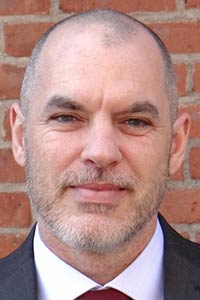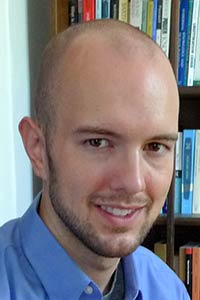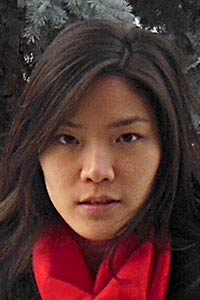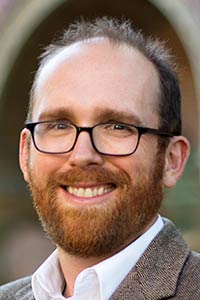To some, the gun is a symbol of a society crumbling into violence and chaos. To others, it’s a necessary tool to protect society from crime and disorder. It’s a subject that is almost guaranteed to invite fierce debate, and, on the Amherst College campus this year, close scholarly scrutiny.
For this year’s Copeland Colloquium, a perennial gathering in which invited scholars spend the year examining a theme in detail, the theme is “The Social Life of Guns.” Alongside the colloquium, Amherst’s Department of Law, Jurisprudence & Social Thought (LJST) will present “Guns in Law,” a series of lectures that examine the legal implications of the idea that individuals have a right to bear arms.
“People are talking about guns a lot, but they’re only talking about guns in certain ways,” said Jonathan M. Obert, assistant professor of political science and member of the colloquium’s proposal committee. “They are talking about them as objects to be regulated, or as a public health concern.”
“These are very important debates, but we wanted to ask another set of questions,” he said. Those questions include:
- What do guns mean to people?
- Why are guns so important in today’s political debates?
- Why are people so fascinated with guns?
The interest grew out of a faculty reading group that has been devoting the past two years to questions of violence and inequality.
“The urgency of recent mass killings and social upheavals, and the centrality of the ‘gun’ within these recent events, pose fundamental questions to us as a community,” the committee wrote in its proposal.
“Rethinking violence … allows us to ask new questions about when political or domestic violence is likely to occur or how such notions of protection and threat are reinterpreted through technological change.”
The Copeland Colloquium offers small groups of scholars, artists and performers the opportunity to explore a common theme in residence at Amherst College. The colloquium committee selects four Copeland Fellows, who spend the year on campus, attending programs with sponsors, other faculty and students, and then each submit a brief report at the end of the year.
Meet this year’s Copeland Fellows:




Scholars have been invited to write about the social life of guns, and each will present a lecture on their conclusions. These lectures will be gathered and published in a collection edited by Austin D. Sarat, Amherst’s William Nelson Cromwell Professor of Jurisprudence and Political Science, and Andrew Poe, assistant professor of political science.